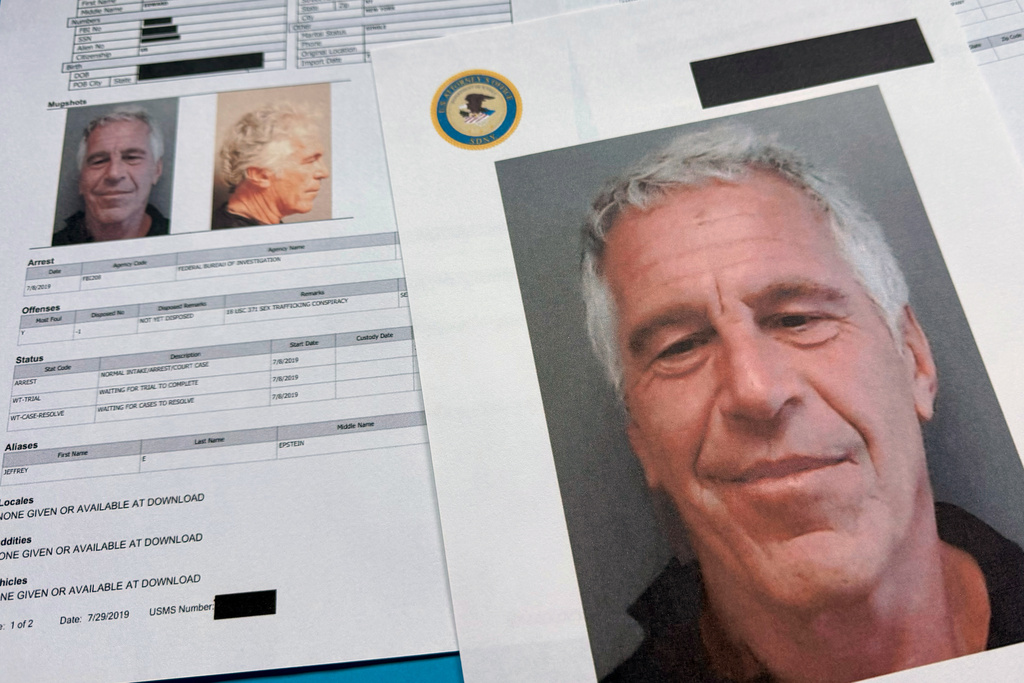On any given night in the U.S., an estimated 650,000 people are experiencing homelessness, and the nation's capital has the highest rate in the country, with 73 out of every 10,000 people being unhoused. The Supreme Court is considering a case that could allow cities to make sleeping outside a crime. But advocates say pushing the homeless out of the city limits doesn't help them get back on their feet. So what does?
Amanda Chesney is the executive director of housing and homeless services for Catholic Charities, one of the nonprofits contracted to provide services in Washington, D.C. Across the region, they help shelter 1,200 people every night.
"In the district, there are a good amount of choices available for folks experiencing homelessness. But it can be tough to navigate. And there can be a wait," Chesney said. "It is not a one-size-fits-all. I think the most successful intervention is the opposite of one-size-fits-all."
Wilson Robertson is a lifelong Washington, D.C., resident, and he knows that wait firsthand. He spent eight or nine months staying at the New York Avenue Men's shelter.
He said, "When I first got in there, it was kind of hard for me to get adjusted because who would think that they would be in a predicament like that after all these years? And I felt ashamed. I felt depressed."

Homeless residents in a suburb of Seattle struggle with camping ban
A suburb of Seattle, once considered affordable, is now a microcosm of the homeless crisis in America.
While experiencing homelessness in the fall of 2020, Robertson suffered a stroke. He then became one of the hundreds to be housed in empty hotels in Washington, D.C. That program provided over 400 rooms per night at its peak, and Chesney said it was very successful. Beyond just providing an increased capacity, they were able to bring multiple services together in one location.
"We were working as a team — the housing-focused case manager, the behavioral health specialists, the medical team, all in one house. Powerful," Chesney explained. "I'm sure it was expensive, but it was really, really effective."
While he was staying in the hotel, Robertson's case manager helped him get a housing voucher and find an apartment he could move into.
"I could not believe it. And once it's starting to settle in, I say, 'Well, Wilson, looks like you will be here for a while,' and then everything come to fruition," he recalled.
He lived in the apartment for a while before adding any personal touches. But not everyone needs permanent supportive housing, and Chesney says good case management starts with asking the right questions and listening.
"One of the things that the case manager has to do is sort of triage the level of need, and assess: What can we get you today, this week, this month? If you could get 500 bucks a month to help with groceries or rent, would that give you a place to stay? In a lot of cases, yeah, it would. OK, great."
The needs for every community will be different. Chesney thinks the district needs more behavioral health and substance abuse support. But for every community, funding is critical and it's something she says states can't do alone.
"Ending homelessness is a systems-level problem," said Chesney. "There's no state or local jurisdiction that can fund what's needed on their own. Absolutely none. The federal government has to pick it up and prioritize it."
At 64 years old, Robertson is working on his education and hopes to find a job. He said having stable housing gives him peace of mind he's never had before.











